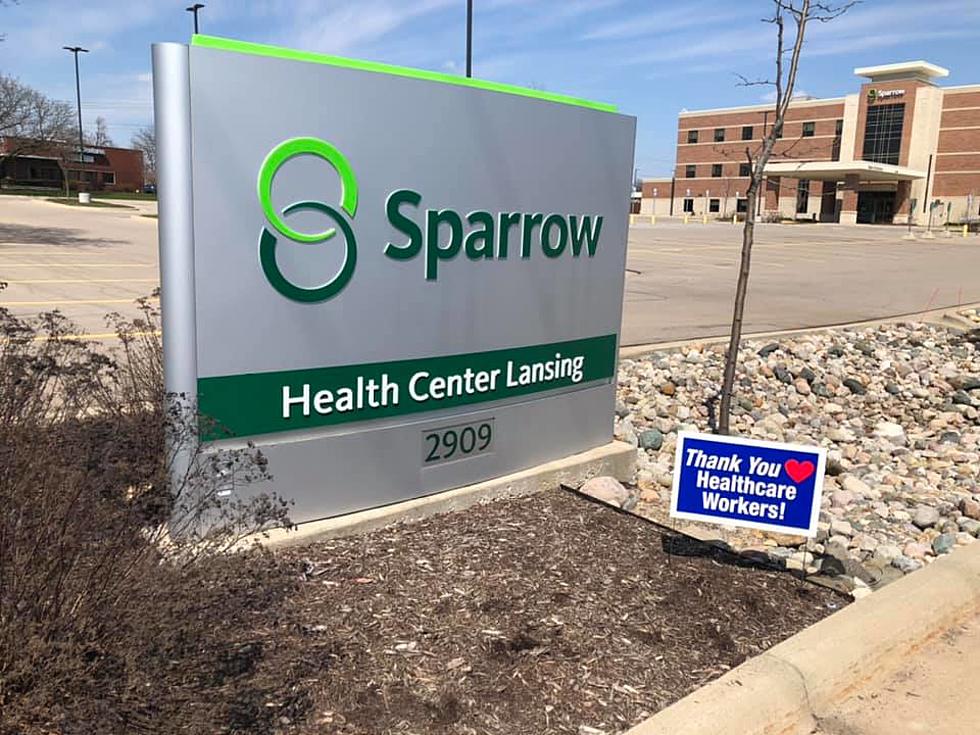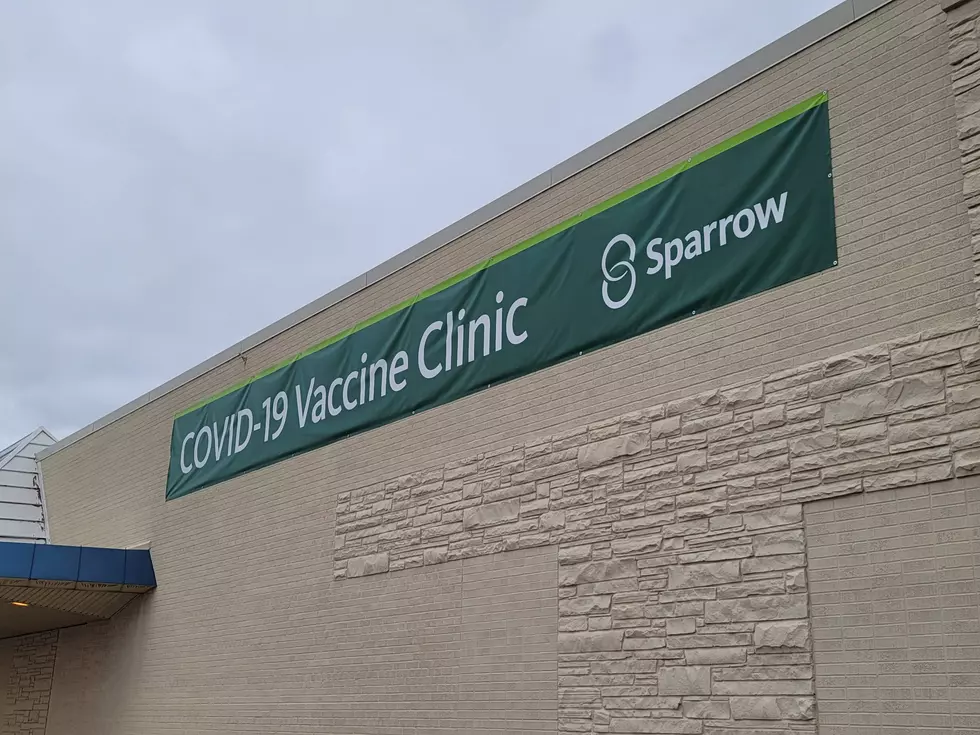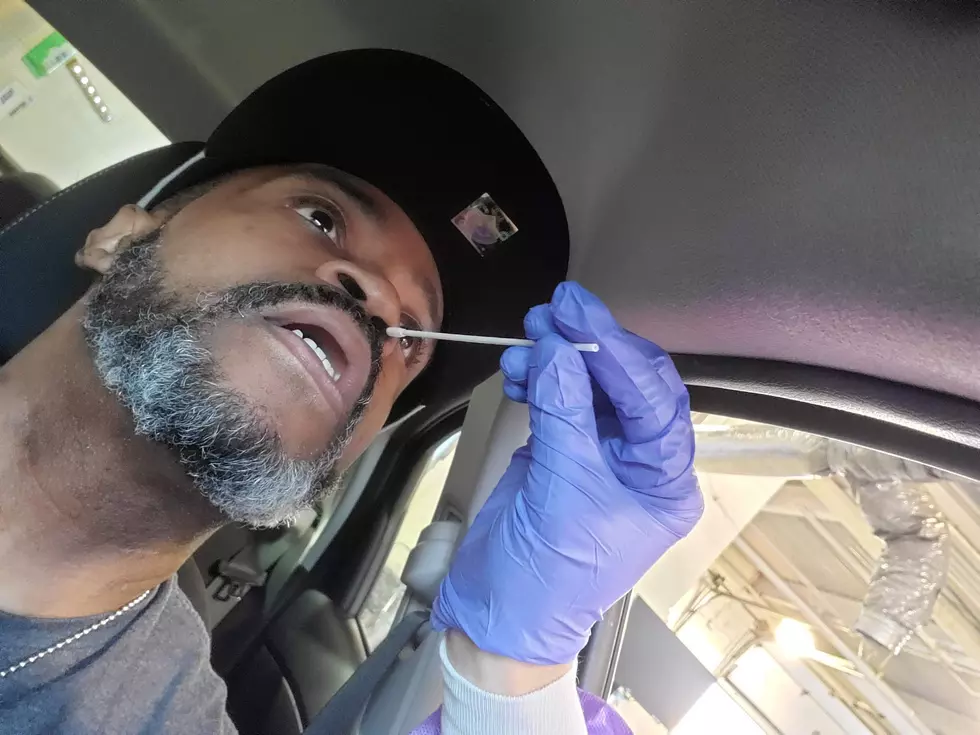
March 26th is Purple Day – Let’s Talk About Epilepsy
Source & Photos: PurpleDay.Org & PURPLE DAY for EPILEPSY
There are approximately 50 million people around the world living with epilepsy.
It’s estimated that 1 in 100 people have epilepsy.
There are more than 300,000 Canadians living with epilepsy.
There are approximately 2.2 million Americans living with epilepsy.
Epilepsy is NOT contagious. Epilepsy is NOT a disease. Epilepsy is NOT a psychological disorder.
There is currently no “cure” for epilepsy. However, for 10-15% of people with epilepsy, the surgical removal of the seizure focus – the part of brain where the person’s seizures start – can eliminate all seizure activity. For more than half of people with epilepsy, medication will control their seizures. Additionally, some children will outgrow their epilepsy and some adults may have a spontaneous remission.
Not everyone can identify specific events or circumstances that affect seizures, but some are able to recognize definite seizure triggers. Some common triggers include:
- Forgetting to take prescribed seizure medication
- Lack of sleep
- Missing meals
- Stress, excitement, emotional upset
- Menstrual cycle / hormonal changes
- Illness or fever
- Low seizure medication levels
- Medications other than prescribed seizure medication
- Flickering lights of computers, television, videos, etc., and sometimes even bright sunlight
- Street drugs
First-Aid for Seizures is Simple
 *First Aid Chart courtesy of Edmonton Epilepsy Association
*First Aid Chart courtesy of Edmonton Epilepsy Association
Famous People with Epilepsy
Throughout history, many famous people are known or are suspected of having had epilepsy. These include:
Julius Caesar
Alexander the Great
Agatha Christie
Socrates
Joan of Arc
Harriet Tubman
Napoleon Bonaparte
Vincent Van Gogh
Charles Dickens
Richard Burton
Alfred Nobel
Thomas Edison
And more recently:
Actor Margaux Hemingway (1955-1996)
Actor Danny Glover
Singer-songwriter Neil Young
Adam Horovitz of the music group Beastie Boys
Mike Skinner from band The Streets
American Olympian Florence Griffith-Joyner, aka Flo Jo (1959-1998)
American Football guard Alan Faneca (New York Jets)
American Football cornerback Samari Rolle (Baltimore Ravens)
2006 U.S. Olympic Women’s Hockey Team goalie Chanda Gunn
For a longer list of famous people affected by epilepsy, visitWikipedia.
Locally, Sparrow has an Epilepsy Monitoring Unit
Sparrow’s Epilepsy Monitoring Unit, the first and only of its kind in the region, utilizes state-of-the-art technology to evaluate, diagnose and treat seizures in Patients of all ages.
Facts:
One out of 100 people have epilepsy and one-third of those people are not cured by any single medicine.
Epileptic seizures can come in many forms, from loss of consciousness to a thumb twitch, making it crucial to be able to monitor Patients’ symptoms over a period of time.
Epilepsy.
Depending on where it starts in the brain, epilepsy can come in many forms, from a finger twitch to confusion and whole body shaking.
Sparrow is on the cutting-edge of epilepsy treatment amongst the nation’s top medical centers. In many cases, epilepsy can be satisfactorily managed with medications; however surgery remains an option for those that do not respond.
Although there is no cure for epilepsy, we are dedicated to achieving the correct diagnosis and providing the best care available.
Sparrow’s Epilepsy Monitoring Unit is the first of its kind in the region.
We understand how crucial it is to be able to monitor symptoms over a period of time to make or confirm a diagnosis. That is where Sparrow’s Epilepsy Monitoring Unit, the first of its kind in the region, can help. Led by a comprehensive team of board-certified professionals, Patients are monitored around-the-clock with highly specialized care, giving hope for one-third of epilepsy Patients who do not respond to traditional treatment methods.
Neurodiagnostics.
Neurological issues can be challenging. Sparrow is dedicated to providing compassionate and professional care in a private setting. As the trusted source in our community, thousands of people a year visit the Sparrow Neurodiagnostic Laboratory for testing. You can be assured that our team is trained, dedicated, and available for you when you need help.
Our team utilizes the latest in technology to perform tests and analyze results related to neurological function. The testing performed is dependent on your symptoms and may include:
- EEG—Electroencephalogram
- Video EEG Monitoring
- Evoked Potentials (EPs)
- Auditory Evoked Potential (AEP)
- Visual Evoked Potential (VEP)
- Somatosensory Evoked Potential (SEP)
- Intraoperative Neurophysiological Monitoring (IONM)
- Transcranial Doppler (TCD)
More From 97.5 NOW FM









